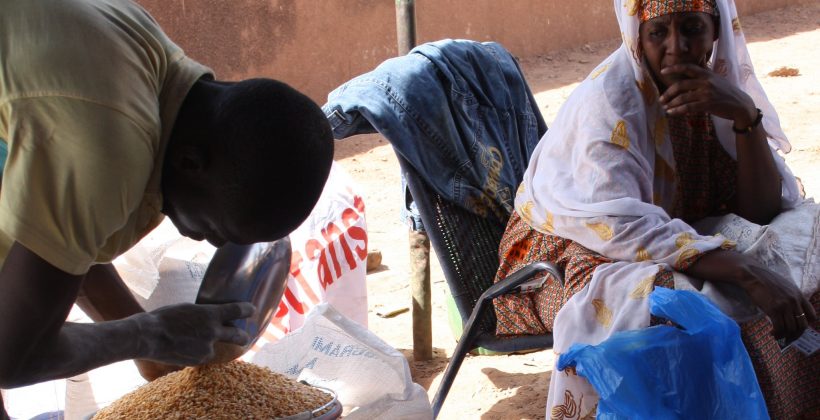Itad completed a summative and formative evaluation of the WFP’s Gender Policy (2015-2020) to assess and inform how the WFP mainstreams gender into its programming worldwide.
The evaluation has generated evidence to support accountability for performance while also considering overall lessons for forthcoming policy discussions. The evaluation looked at policy design, implementation, policy results and how the policy should be revised in the future. The aim was to contribute to building an evidence base for WFP to inform its new Gender Policy for the period 2021-2025.
Our approach
The evaluation was theory-based, meaning it centred on testing the WFP’s overarching ToC (Theory of Change), which laid out and unpacked the relationships between the activities undertaken, outputs, outcomes and impact of objectives. The evaluation also assessed the assumptions and risks that were inherent in the gender policy.
In addition to having both accountability and learning perspectives, the evaluation was also utilisation-focused and implemented in a way that created engagement and a sense of ownership among the intended users.
Contact David Walker (david.walker@itad.com) if you would like to discuss this project.
Image: Waiting for food at a WFP food distribution site in Mali. Credit: Derek Markwell/DFID (CC BY 2.0)


